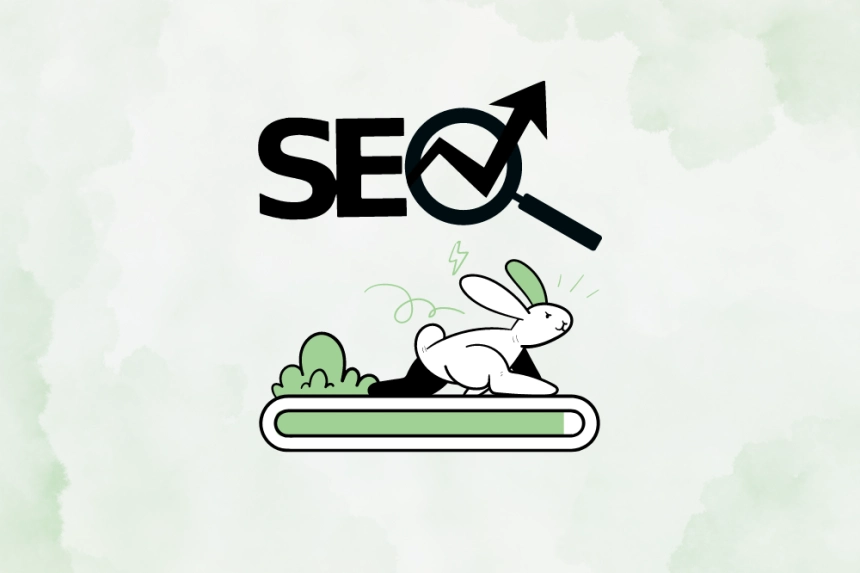The Importance of Loading Speed in SEO and How to Optimize It


In today's digital world, the loading speed of a website is a crucial factor that influences both user experience and search engine behavior. This article will explore the importance of loading speed in SEO and provide effective strategies for optimizing it.
Why is Loading Speed Important?
1. User Experience
The loading speed of a webpage directly affects user experience. Studies have shown that:
- Limited patience: Users expect pages to load in less than 2 seconds. If loading takes longer, there is a high risk that visitors will abandon the site.
- Visitor retention: Fast loading can increase user retention and reduce bounce rate, which is vital for keeping your audience engaged.
2. Search Engine Ranking
Google has made it clear that loading speed is a relevant factor in its ranking algorithm. Websites that load faster tend to rank better in search results.
Key Indicators
- Core Web Vitals: Google uses metrics such as Largest Contentful Paint (LCP), First Input Delay (FID), and Cumulative Layout Shift (CLS) to assess the quality of the web experience. Improving these metrics benefits not only users but also SEO.
3. Conversion and Sales
A faster website can significantly increase conversion rates. According to studies, an improvement in loading speed can boost conversions by up to 20%.
How to Optimize Loading Speed
Here are several practical strategies to improve the loading speed of your website.
1. Choose the Right Hosting
The quality of your hosting service can influence loading speed. When choosing a provider, consider:
- Dedicated or VPS server: This can offer better performance compared to shared hosting.
- Geographic location: Choose a hosting provider that is close to your target audience to reduce latency.
2. Optimize Images
Unoptimized images can severely slow down a webpage. Here are some recommendations:
- Appropriate formats: Use image formats like WebP that offer good quality with a smaller file size.
- Image compression: Use tools like TinyPNG or ImageOptim to reduce image sizes without losing quality.
3. Minify CSS and JavaScript
Minifying CSS and JavaScript files removes whitespace, comments, and other unnecessary elements, reducing file sizes and speeding up loading.
- Useful tools: Use tools like UglifyJS for JavaScript and CSSNano for CSS.
4. Implement Browser Caching
Browser caching allows users to store copies of your web pages on their devices. When they visit again, the site loads faster.
- Expiration caching: Set expiration times for files on your server so that browsers know when to re-download them.
5. Use a Content Delivery Network (CDN)
A CDN distributes your site's content across various servers located in different regions, allowing users to access content from the nearest server.
- Benefits: This not only improves loading speed but also helps handle traffic spikes.
6. Avoid Multiple Redirects
Redirects can increase loading time, as they require additional requests to the server. Whenever possible, try to reduce unnecessary redirects.
7. Regularly Monitor Loading Speed
It is essential to perform periodic loading speed tests. Tools like Google PageSpeed Insights, GTmetrix, and Pingdom will help you identify issues and make adjustments.
Conclusion
Loading speed is a fundamental aspect for both user experience and SEO. By implementing the strategies discussed in this article, you can significantly enhance the loading speed of your website, which could result in better search engine rankings and higher conversion rates.
Do not underestimate the importance of optimizing loading speed; it is an investment that can yield great returns in the digital world. Are you ready to improve your website's loading speed and take your SEO to the next level? Start today!






